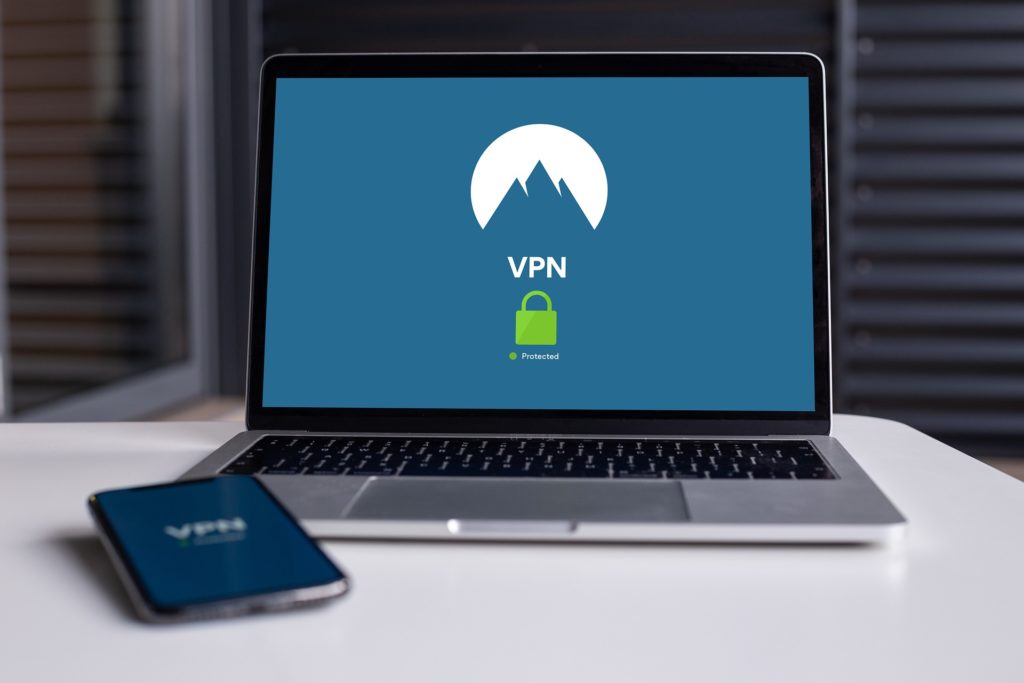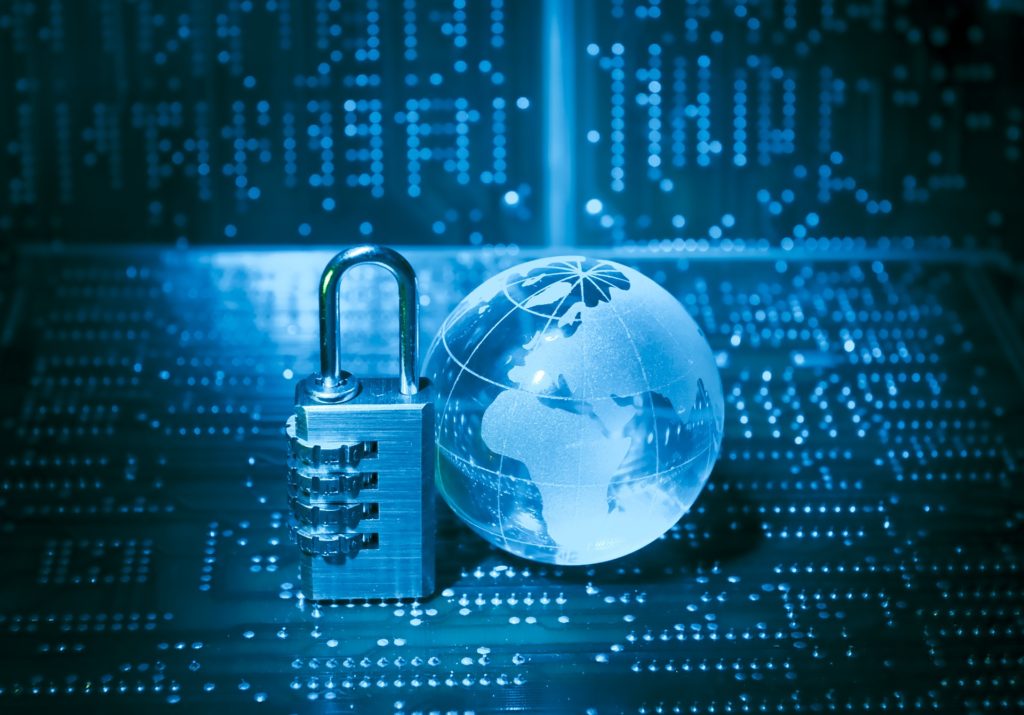A VPN or a Virtual Private Network provides the solution to many security issues, but you can still get hacked while using it. For example, if you install malware or share your username and password with anyone, a VPN cannot protect you. Similarly, there are certain other technical loopholes with using a VPN that might put you at risk.
A VPN can make your device safe from hacking but does not necessarily make you immune to any attack. But it will help you by adding an extra layer of protection and providing you with certain other advantages. It can help you by making your online experience better, giving you access to blocked websites, finding better deals, and a lot more.
How VPNs Are Susceptible to Hacking
The most effective way of maintaining online privacy is indeed by using a VPN. The encryption method that a VPN uses makes it difficult for attackers to steal information.
Still, irrespective of how well the VPN is designed or operated, it is vulnerable to hacking like any other digital service. And even if the highest level of encryption is used, there will still be someone with the technical expertise and enough resources who can put you at risk.
Here are a few ways through which hackers can steal your data, even if you are using a VPN:
- Inadequate security– There are wide variations between the security and the best practices provided by various VPN providers. Some “free” VPNs actively log user data and sell it to third-party for making money. While this is not practically hacking but it jeopardizes your data. And, if the provider sells this data to a person with ill-intention, it could become a huge problem.
- Malicious attack– Generally, a high-quality VPN provider does not log their users’ activities, but even they can fall into the trap of a malicious attack. No one is completely protected from hacking. Even the government intelligence agencies’ data can get hacked. Strong hackers can decrypt the information from a VPN’s server, but this is challenging. It requires specialized expertise and some legal orders as well.
There is another time-consuming and expensive way to hack a VPN server which is actually “cracking the code.” It is theoretically possible and has successfully happened in the past, but it is not a huge threat for most people. The reason is that it will take millions of dollars or more to hack through a VPN successfully. Targeting the data of ordinary users for such a high expense would not be beneficial for hackers.
How to minimize the risk of VPN hacking
VPNs are susceptible to hacking but choosing a high-quality and reputable service provider with robust encryption and a no-log policy can cut the risks attached to it. If you research well and go through some blogs online like a NordVPN review, you will understand that a high-quality VPN provider puts you at low risk of a data breach.
Having a high-quality VPN means you get an advanced layer of protection. It will reduce your chances of getting hacked easily. But they cannot save you from anything that puts you at risk by downloading malicious data or willingly sharing your information on the Internet.




Pingback: Can You Get Hacked While Using a VPN? – TechSpective – CoverStory
Pingback: Can You Get Hacked While Using a VPN? - InfoSec Today